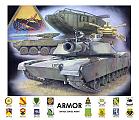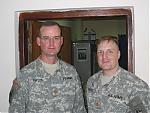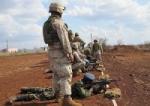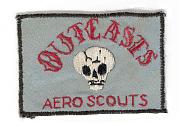Strongly, strongly recommend Eric Bergerud's THE DYNAMICS OF DEFEAT: THE VIETNAM WAR IN HAU NGHIA PROVINCE (Boulder, CO: Westview Press, 1991). This works takes on both Summers' and Krepinevich's arguments, arguing that it didn't matter what the U.S. did, without a strong government in Saigon that enjoyed the support of the indigenous population, it was merely a matter of time. The Communists understood this, we apparently refused to, even though many within the most senior levels of government--to include McNamara and Westmoreland--articulated such appraisals as early as 1965. In this vein, Lewis Sorley's A BETTER WAR: THE UNEXAMINED VICTORIES AND FINAL TRAGEDY OF AMERICA'S LAST YEARS IN VIETNAM and Mark Woodruff's UNHERALDED VICTORY: THE DEFEAT OF THE VIET CONG AND THE NORTH VIETNAMESE ARMY: 1961-1973 don't quite answer Bergerud's arguments, at least to me.Originally Posted by jlechelt
Also, with regards to the argument over "The US could have won if it did this or that," or "There was no way to win the Vietnam War," any recommendations for the best books or articles on both sides?
Thanks.
McMaster's DERELICTION OF DUTY is excellent, certainly. It argues the war was mounted primarily out of political expediency...and is a fairly depressing yet fascinating read. But it doesn't provide strategy arguments regarding the central question asked in the quote above.
For a contrary view, check out Mark Moyar's TRIUMPH FORSAKEN which argues we should have left the Diem brothers in power which provides the most articulate response to Bergerud. Also see Michael Lind's THE NECESSARY WAR: A REINTERPRETATION OF AMERICA'S MOST DISASTROUS MILITARY CONFLICT which argues we had to fight the war no matter how it came out. Both these works are very controversial.
As with most controversies, there is a lot of depth (and reading) needed to be well-grounded in the arguments and differing assumptions/interpretations of the facts. We're a very long way from any sort of definitive treatment of the arguments for and against the war and strategic options....















Bookmarks